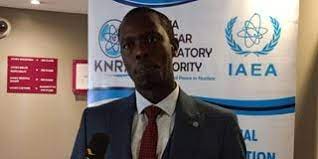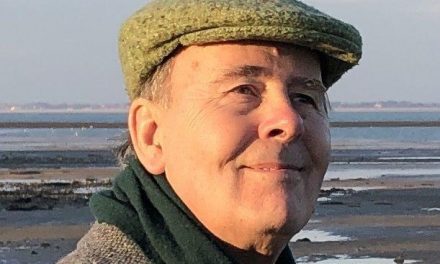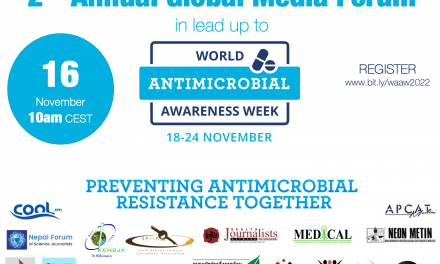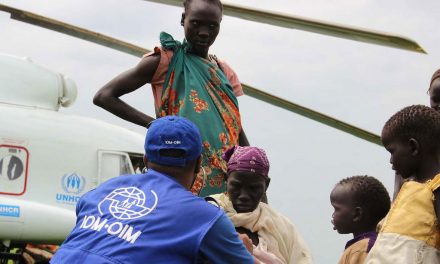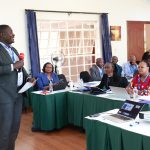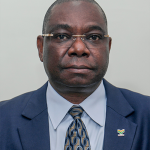Share the post "Africa begins harmonization of policies, regulation on safety of radioactive sources"
African nuclear experts met recently in Nairobi, Kenya to start the harmonization of policies, regulation on safety and security of radioactive sources in the continent.
The nuclear experts are looking at modalities to ensure that the continent has a harmonized policy and regulation to save member states from developing different documents.
The Director General of the Kenya Nuclear Regulation Authority (KNRA)James Keter notes that the harmonized policies and regulations will ensure that people, the environment and property are protected against the effects of ionizing radiation.
Keter notes that at the moment African countries are at a different level with the development of policies, laws and regulations.
He says that through harmonised documents, countries will ensure that radioactive sources are used within an appropriate framework of radiation safety and security.
The official notes that there has been a tremendous increase in the use of and peaceful application of nuclear technology in health, agriculture, industry, teaching and research in the African region.
But he adds that the use of radioactive sources has brought with it some challenges and is getting out of regulatory control and therefore posing a risk to public safety and security.
Keter observes that the harmonised documents will help national authorities ensure that radioactive sources are used within an appropriate framework as a guide.
Olga Makarovska, nuclear expert at the international atomic Energy Agency (IAEA) says that the international safety standards are mandatory for every country as they protect people, property and the environment against the harmful effects of radiation.
Makarovska says that IAEA is helping countries build competence in putting their safety measures in place.
She emphasizes that the training will facilitate the exchange of experiences among experts, considering that the African region possesses unique skills and challenges simultaneously.
She urges African countries to express their commitments in implementing the code of conduct that has been put in place by the IAEA.
According to Keter, Kenya has enacted the nuclear regulatory act that provides for a framework for the regulation of safe, secure and peaceful utilization of atomic energy and nuclear technology.
The act, he adds, also allows for the production and use of radiation sources, the management of radioactive waste and protection of people and the environment against the hazards associated with the use of radiation sources.
The African regional meeting on safety and security of radioactive sources was attended by 35 delegates from 23 countries in Africa.

